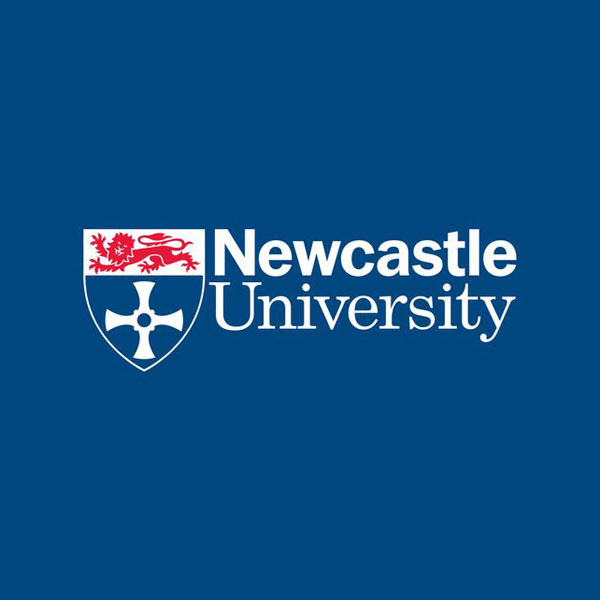PhD studentship in social neuroscience at Newcastle University
13.11.2023, by Zachary Petzel
Deadline: 31 December, 2023

Fully funded PhD studentship at Newcastle University starting in April 2024. The student will be supervised by Dr Zachary Petzel (School of Psychology), Professor Mark Freeston (School of Psychology), and Dr Rich Davison (School of Computing) This studentship is only available to applicants with Home fee status (UK and EU applicants with pre-settled/settled status and meet residency criteria).
For more information, please visit:
https://www.jobs.ac.uk/job/DEC313/phd-studentship-in-psychology-testing-alternative-mechanisms-of-ego-depletion-effects-on-impulsivity-among-emotionally-vulnerable-populations
Are you interested in learning why we sometimes behave impulsively despite our best intentions? This project will examine potential mechanisms for our tendency to engage in impulsive behaviours when stressed or fatigued.
Recent failed replications have raised concerns regarding the legitimacy of ego-depletion as a mechanism for impulsivity. Therefore, it is crucial that alternative mechanisms of impulsivity are explored to understand the development of maladaptive coping strategies in response to social stressors.
During this PhD, you will examine alternative theories which account for lapses in self-control. This may include shifts in motivations and attention which undermine inhibition (Inzlicht et al., 2014) or the role of compulsive behaviours in reducing negative affect. You will design experiments which test these theories using cardiovascular (ECG, ICG, blood pressure) and neuroscience methods (EEG), in addition to building computer-simulated environments in virtual reality to ensure robust replication of the protocols you develop during this project.
In addition to becoming an expert in embedding physiological measures and virtual reality within psychological experiments, you will also receive training on advanced statistical analyses and open science practices. You will also be working with a diverse team of supervisors who specialise in both basic and clinical research, giving you the opportunity to interact with a range of experts to ensure findings are clinically relevant to maximise their impact.